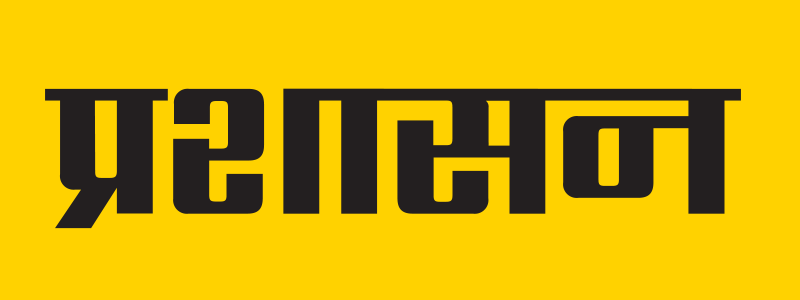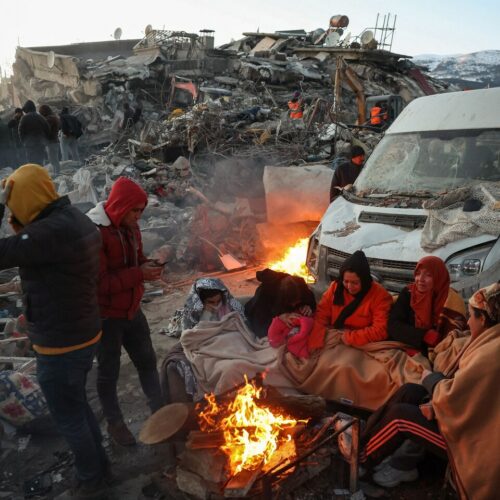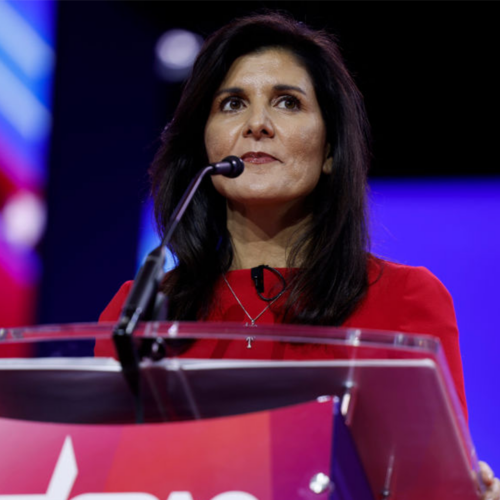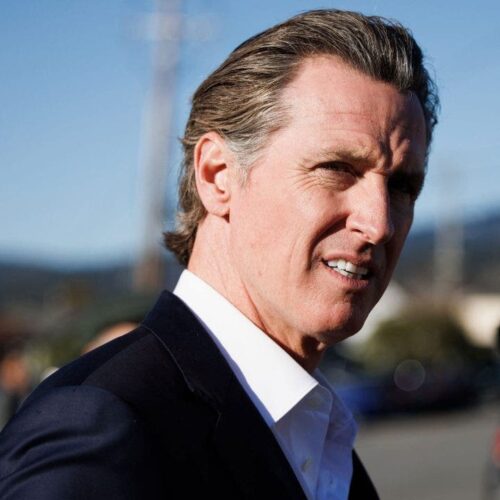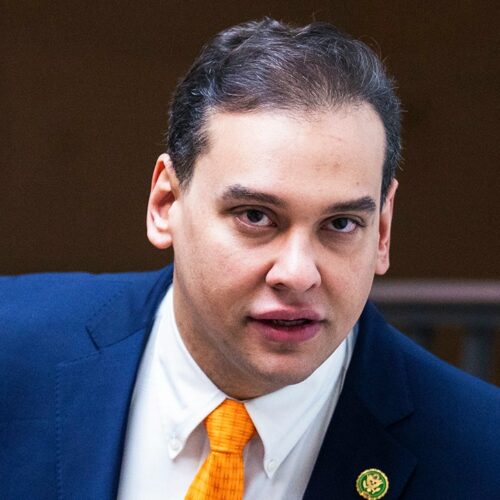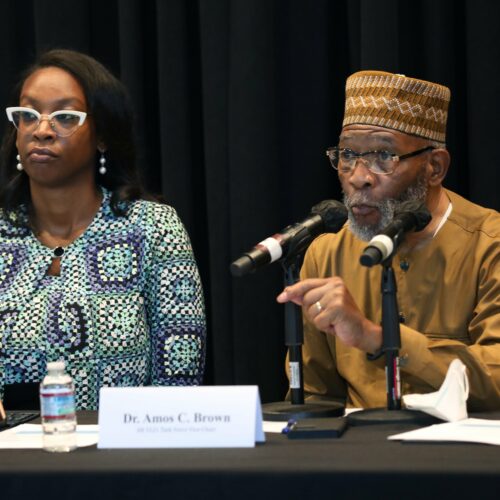Survivors in Turkey are finding their access to social media platforms Twitter and TikTok constrained in the wake of Monday’s devastating earthquakes that leveled buildings and killed over 12,000 people, potentially complicating rescue efforts.
While it wasn’t immediately clear why, experts suspect that it could be related to government censorship.
NetBlocks has tracked a “gradual implementation of the restriction, coming in place provider by provider,” said NetBlocks director Alp Toker. Those limits are “consistent with known forms of censorship in the country.”
Speaking from the headquarters of Turkey’s disaster response agency, Vice President Fuat Oktay blamed technical problems for the outage, saying other social media sites were still available. The Turkish government didn’t respond to a request for comment.
TikTok said in a statement that it’s investigating the matter. We “hope access is restored as soon as possible as platforms like TikTok remain a critical way to stay in touch during crises.”
Ömer Fatih Sayan, Turkey’s deputy minister of transport and infrastructure, met with Twitter officials over video conference on Wednesday, according to Anadolu, a Turkish state news organization. Sayan reminded Twitter that the social media company is legally responsible for preventing the spread of disinformation that could lead to panic and chaos.
Twitter did not immediately respond to a request for comment. The social media site experienced what appeared to be a broader global outage Wednesday.
Facebook parent company Meta and Google’s YouTube did not immediately respond to requests for comment.
The reduced access to Twitter in particular could hamper Turkish citizens’ ability to obtain credible information about their loved ones and resources in the aftermath of Monday’s powerful earthquakes across southern Turkey and northern Syria. The move also leaves civil society groups and emergency responders with fewer social media platforms to coordinate rescue missions and aid-delivery efforts.
“Twitter has been an absolute lifeline in the aftermath of the earthquakes, both for rescuers to seek assistance and coordinate the provision of rescue equipment, and by those seeking missing loved ones,” Toker said. “There is no obvious replacement to fill the gap.”
Authoritarian governments around the world have increasingly cracked down on social media networks in recent months. Last year, Nigeria suspended Twitter two days after the social media giant froze the president’s account after he vowed to punish separatists blamed for attacks on federal property. Similarly, after Russia’s invasion of Ukraine, the Kremlin sought to further restrict access to social media platforms, going as far as to ban Facebook and Instagram.
Historically, leaders in Japan, Russia, South Korea, Turkey and India have been among the most common countries to legally demand that Twitter remove content from its platform.
“We have this illusion of a global internet where everyone can communicate freely,” said James Lewis, a researcher at the Center for Strategic and International Studies. But in India and Turkey “governments there want to control the narrative and they want to make sure that people both are not getting news they don’t want them to get and that they don’t have a venue to discuss things that the government doesn’t want them to discuss.”
In the wake of the quake, a number of users said their access to Twitter was largely blocked or limited without using a VPN. Many condemned what they suspected was a decision by the government to do so, saying it could have not come at a worst time.
“If [the decision] was made to fight disinformation, provocation, fake news etc, this is a very wrong step. This is not the method. At a time like this, this restriction is insane!” wrote Ersin Çahmutoğlu on Twitter.
Yaman Akdeniz, a law professor at Istanbul Bilgi University said the government may have imposed this measure as retribution for the criticism it’s received recently.
“Regardless of which authority ordered it and their legal reasoning, it is certain that the government, including the president, is annoyed with the growing criticism toward them in terms of handling the aftermath of the earthquakes,” he said.
And with upcoming general election in May, the “government is obviously not happy about this criticism and wants to control the communication,” he added.
Turkey has a long history of restricting social media platforms during national emergencies, terrorist attacks or political incidents, arguing that the government is safeguarding national security or preventing the spread of disinformation.
“Autocratic leaders like Erdogan often use “maintaining order in the wake of a disaster” as a pretext to restrict speech, especially speech that may be critical of their handling of said disaster,” said Nathan Kohlenberg, a research assistant for the Alliance for Securing Democracy at the German Marshall Fund.
In November, authorities restricted social media platforms on multiple internet providers after an explosion in Istanbul where president Erdogan ordered reducing access to the platform for 8 to 11 hours, according to Netblocks.
Turkey in 2014 sought to ban Twitter altogether following a scandal over recordings that purportedly revealed corruption in then-Turkish Prime Minister Recep Tayyip Erdogan’s administration.
Last year, Turkey passed a law that imposes jail time for anyone who is found to have spread misinformation to create fear and anxiety among the public.
And Turkey’s parliament passed a law in 2020 requiring social media companies such as Facebook and Twitter to maintain representatives in Turkey who could handle requests to have content taken off their platforms or else be subjected to fines or usage restrictions. Turkey requested content be removed from Twitter more than 4,300 times between July and December 2021, according to the company’s most recent transparency report. The company complied 57.9 percent of the time.
Zeynep Karatas contributed to this report from Sanliurfa, Turkey.
